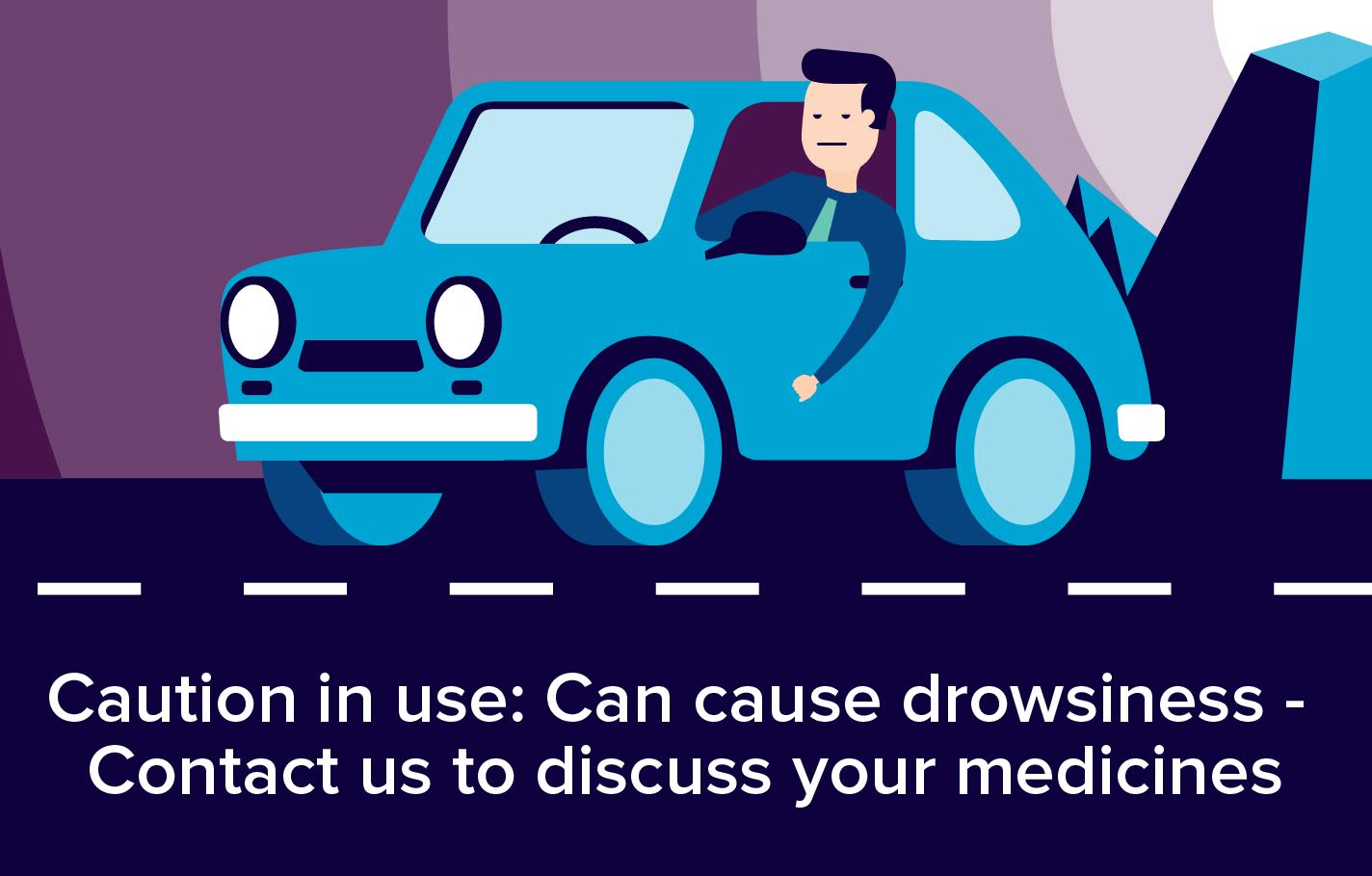The active substance in Edronax is reboxetine which is part of a group of medicines called antidepressants. Edronax is used in acute treatment of depressive illness / major depression as well as for maintaining the improvement of your symptoms when you have initially responded to Edronax.

Why have I been prescribed Edronax?
- The active substance in Edronax is reboxetine which is part of a group of medicines called antidepressants. Edronax is used in acute treatment of depressive illness / major depression as well as for maintaining the improvement of your symptoms when you have initially responded to treatment with Edronax.
How does it work?
- Edronax increases the levels of a chemical (noradrenaline) in the brain which are thought to be lowered in depression. It also causes a slight increase in serotonin levels, another chemical thought to be lowered in depression.
When and how do I take it?
- The tablets should be taken in two divided doses, one dose in the morning and one in the evening. You should swallow your tablet whole with a glass of water.
What’s the dose?
For adults the usual dose is 8 mg a day (one 4mg tablet twice a day). Based on how you respond to the medicine, after 3 to 4 weeks your doctor may tell you to take up to 10mg per day if necessary. The maximum daily dose should not exceed 12mg.
- The use of Edronax 4 mg tablets cannot be recommended for elderly patients.
- Edronax should not be used in children and adolescents under 18 years.
Could it interact with other tablets?
Given that Edronax may interact with other medicines, tell you doctor if you are taking the following medicines:
- Certain antifungals, e.g. ketoconazole
- Certain antibiotics, e.g. erythromycin
- Medicines called ergot derivatives used to treat migraine or Parkinson’s disease
- Certain antidepressants called MAO inhibitors, tricyclics, nefazodone, SSRIs (such as fluvoxamine) or lithium.
- Any potassium-losing diuretics (medicines for eliminating water), e.g thiazides
Your doctor will tell you whether you can take Edronax with other medicines. Please tell your doctor or pharmacist if you are taking or have recently taken any other medicines, including medicines obtained without a prescription, herbal medicines, as well as vitamins and minerals.
Herbal supplements should be used with caution and only after informing your doctor first.
What are the possible risks or side-effects?
If any of the side effects below gets serious, or if you notice any side effects not listed here please tell your doctor or pharmacist.
Very common side effects (more than one in 10 patients):
- Difficulties to sleep (insomnia)
- Dry mouth
- Constipation
- Sweating
Common side effects (less than one in 10 patients):
- Headache
- Spinning sensation
- Increased heart rate, palpitation (heart pounding), widened blood vessels, fall in blood pressure when standing up
- Lack of visual focus
- Lack or loss of appetite, nausea (feeling sick)
- Sensation of incomplete emptying or slowed emptying of the bladder, urinary infection
- Erection disorders, ejaculatory or testicular pain, or ejaculatory delay
- Chills
Additionally agitation, anxiety, irritability, aggressive behaviour, hallucination, cold extremities, nausea, vomiting, paraesthesia (pins and needles), increased blood pressure and allergic skin inflammation or rash, hyponatremia (very low levels of sodium in the blood) and testicular pain have been spontaneously reported.
Can I drink alcohol while taking it?
- There are no known interactions between alcohol and Edronax.
- Always ask your doctor/pharmacist however as this may depend on what other tablets you are taking.
What if I’m pregnant/breastfeeding?
- Edronax should only be used in pregnancy if the potential benefits of treatment to the mother outweigh the possible risks to the developing foetus.
- The use of Edronax during breastfeeding can be considered if the potential benefits outweigh the risk for the child.
If you have any more questions please ask your Pharmacist.
Remember to keep all medicines out of reach of children
Please Note: We have made every effort to ensure that the content of this information sheet is correct at time of publish, but remember that information about drugs may change. This sheet does not list all the uses and side-effects associated with this drug. For full details please see the drug information leaflet which comes with your medicine. Your doctor will assess your medical circumstances and draw your attention to any information or side-effects which may be relevant in your particular case.
References:
http://depression.com.au/medication/information-about-edronax-reboxetine/
https://www.medicines.org.uk/emc/medicine/8386
https://en.wikipedia.org/wiki/Reboxetine
http://patient.info/medicine/reboxetine-tablets-edronax
http://www.nps.org.au/medicines/brain-and-nervous-system/antidepressant-medicines/reboxetine/for-individuals/reboxetine-brands/edronax-tablets

